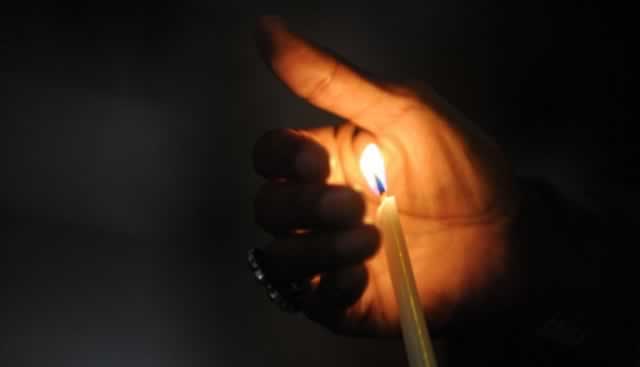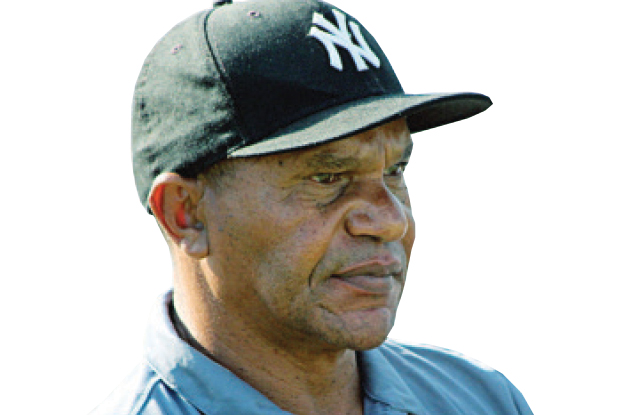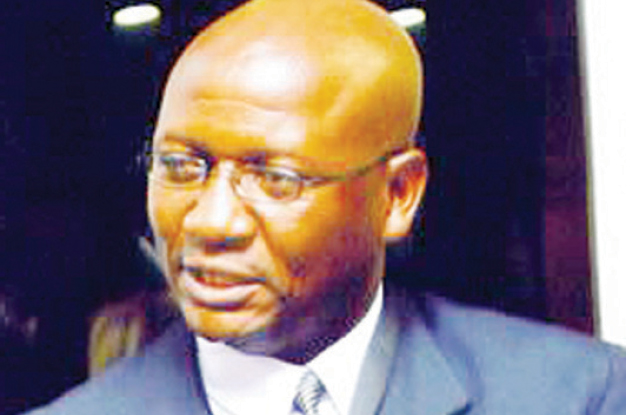EDITORIAL COMMENT: Load shedding — planning ahead critical

 WE commiserate with millions of Zimbabweans who of late, have had to endure unprecedented levels of load shedding from the Zimbabwe Electricity Supply Authority.
WE commiserate with millions of Zimbabweans who of late, have had to endure unprecedented levels of load shedding from the Zimbabwe Electricity Supply Authority.
With most suburbs in major cities such as Harare and Bulawayo going for almost 24 hours without electricity, power shortages have reached critical levels and the nation needs to respond to the situation as a matter of urgency.
The issue has become a matter of national security as key sectors of the economy are grossly affected. Apart from crippling operations in industry and the farming community, the current power cuts have the potential to spawn social unrest in communities whose lives have been turned upside down by the prolonged outages.
To its credit, Zesa has explained its conundrum. Electricity generation at its five power stations has plummeted to 984 megawatts against daily demand of 2,000MW — necessitating the increased load shedding and unscheduled power disruptions countrywide.
As at Monday this week, Hwange was generating 414MW, Kariba 500MW, Harare 30MW, Munyati 22MW, Bulawayo 18MW, giving a total of a mere 984MW for the whole country. Hwange has capacity to generate 920MW, Kariba 750MW, Munyati 100MW, Bulawayo 90MW and Harare 50MW. Low water levels at Lake Kariba have affected electricity generation in Zimbabwe and in neighbouring Zambia.
Explaining the generation constraints, the Zimbabwe Power Company — a Zesa subsidiary responsible for power generation — said Unit 1 at Hwange was taken out on July 20 for internal boiler leak repairs.
“Repair works were completed but on attempting to return the unit to service, the machine tripped on rotor earth fault protection. The rotor was dried and upon attempting to bring the unit back to service on August 16, 2015, at 0144hrs, the rotor earth fault alarm came up again.
“As from August 19, 2015, the unit is now on statutory maintenance and excitation upgrade that will last for five weeks,” the ZPC said, adding that Unit 5 at Hwange was also taken out of service on September 19 “for spray water control valves and ID fan repairs”.
The unit was expected back in service on Wednesday. Unit 6 that was down returned to service on Monday and at Harare Power Station, Station 2 was shut down on August 27.
“The station is now awaiting repowering project to replace the boiler technology. Boiler 3 is on precipitator repairs,” said the ZPC. At Bulawayo Power Station, Boiler 5 is on statutory inspection while Boiler 7 was taken out of service on September 18 for refractory repairs.
The ZPC said at Munyati Power Station, Boiler 5 had a suspected boiler tube leak, Boiler 6 on statutory, grate and economiser repairs while Boiler 8 needed a dumping bar replacement. Boilers 7, 9 and 10 also require attention.
“Kariba Unit 5 is currently switched off for water conservation,” said the ZPC.
While we sympathise with the challenges Zesa is grappling with, we feel forward planning is essential to averting a crisis of the magnitude as presently obtaining.
The power utility knew in advance the challenges that would come with receding water levels in the Kariba dam and should have planned for the anticipated shortfall arising from the reduced power generation at Kariba.
We assume water levels did not drop overnight and hence there was enough time to plan accordingly and put contingency measures in place.
The situation at Hwange, where the power station is generating less than half its capacity, is worse because the two units that are down are due to technical issues that should ordinarily be attended to by a competent staff.
We are aware of the critical shortage of spares and skilled manpower at Zesa but resources should be channelled to these key areas instead of lining the pockets of executives with obscene salaries and other perks.
Going by their explanation, all the country’s power plants are at various stages of maintenance due to ageing equipment but we contend that the power utility is collecting millions of dollars everyday in prepaid electricity purchases giving it sufficient working capital to import electricity and buy spares.
It is unfair for consumers to go for hours without electricity they would have paid for in advance. We would have been persuaded to understand Zesa’s predicament had the current power outages occurred during the peak winter period but the sudden plunge in electricity generation is unacceptable because it could have been avoided.
Energy and power are at the core of the successful implementation of government’s economic blueprint — Zim-Asset and we urge Zesa to up their game and contribute to economic development.
In the same vein, we are cognisant of the fact that domestic and commercial consumers owe Zesa close to $1 billion and encourage them to pay up so that the country can invest in modern power generating equipment and purchase critical spares for our power stations.










Comments